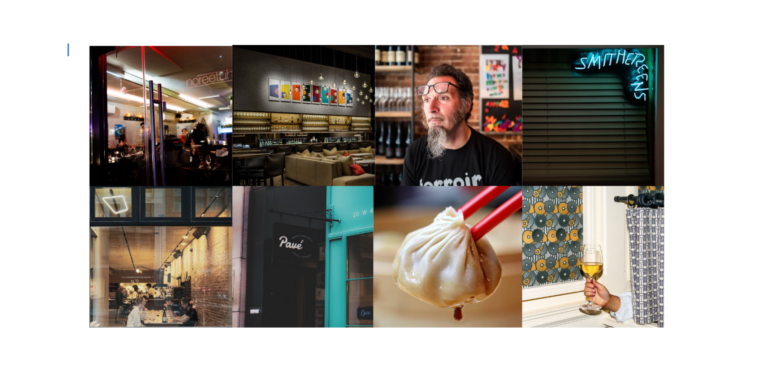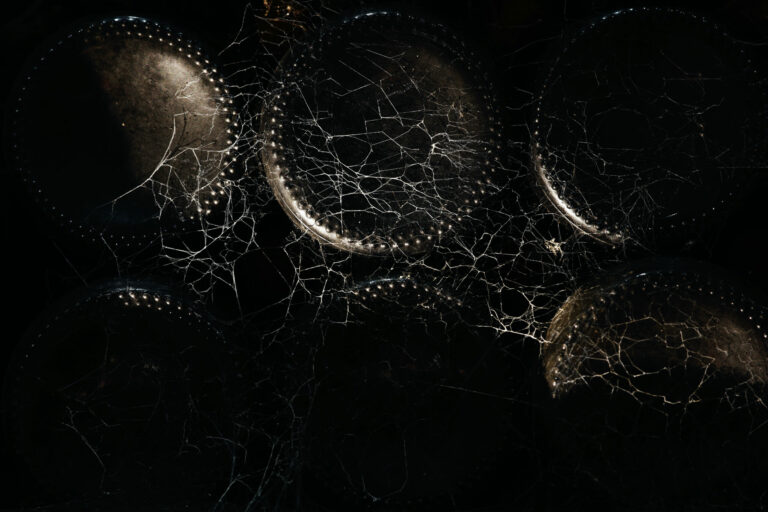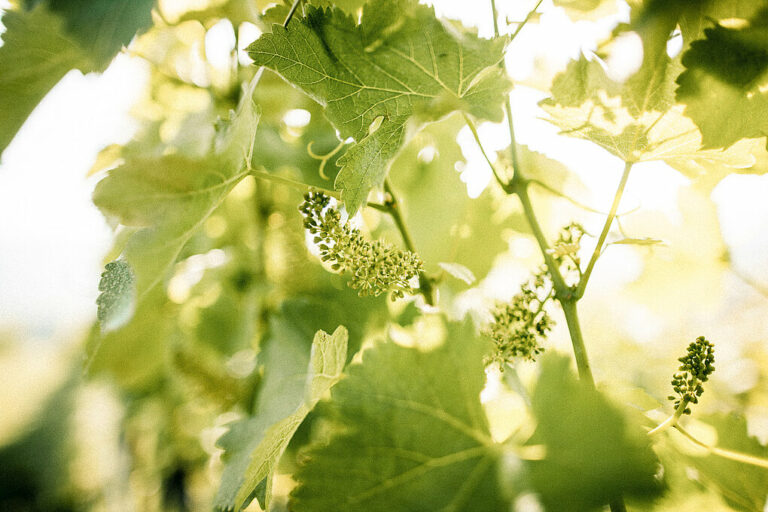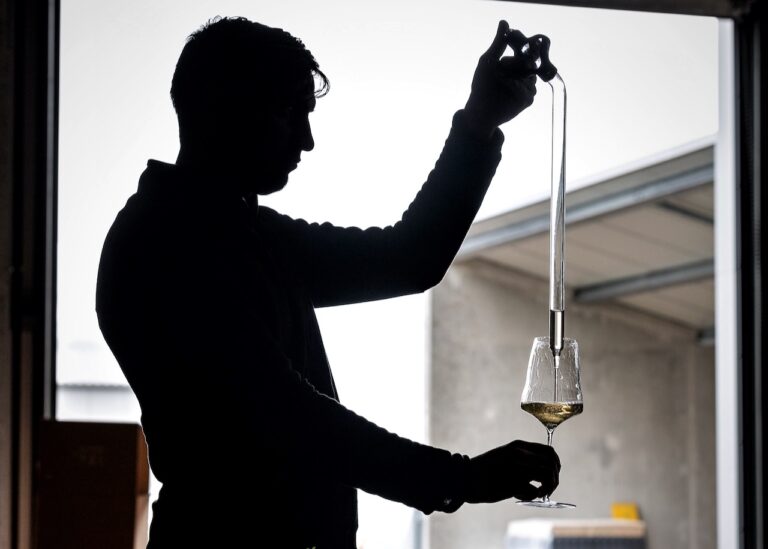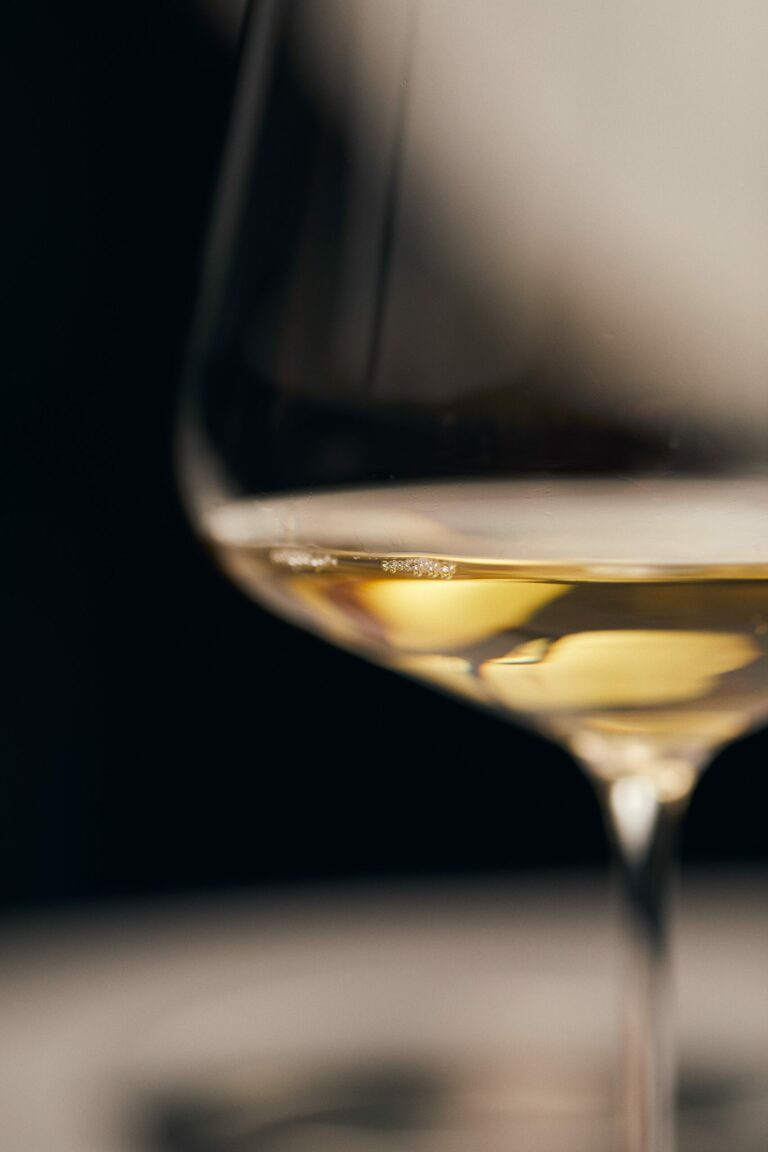The Auslese Alchemist
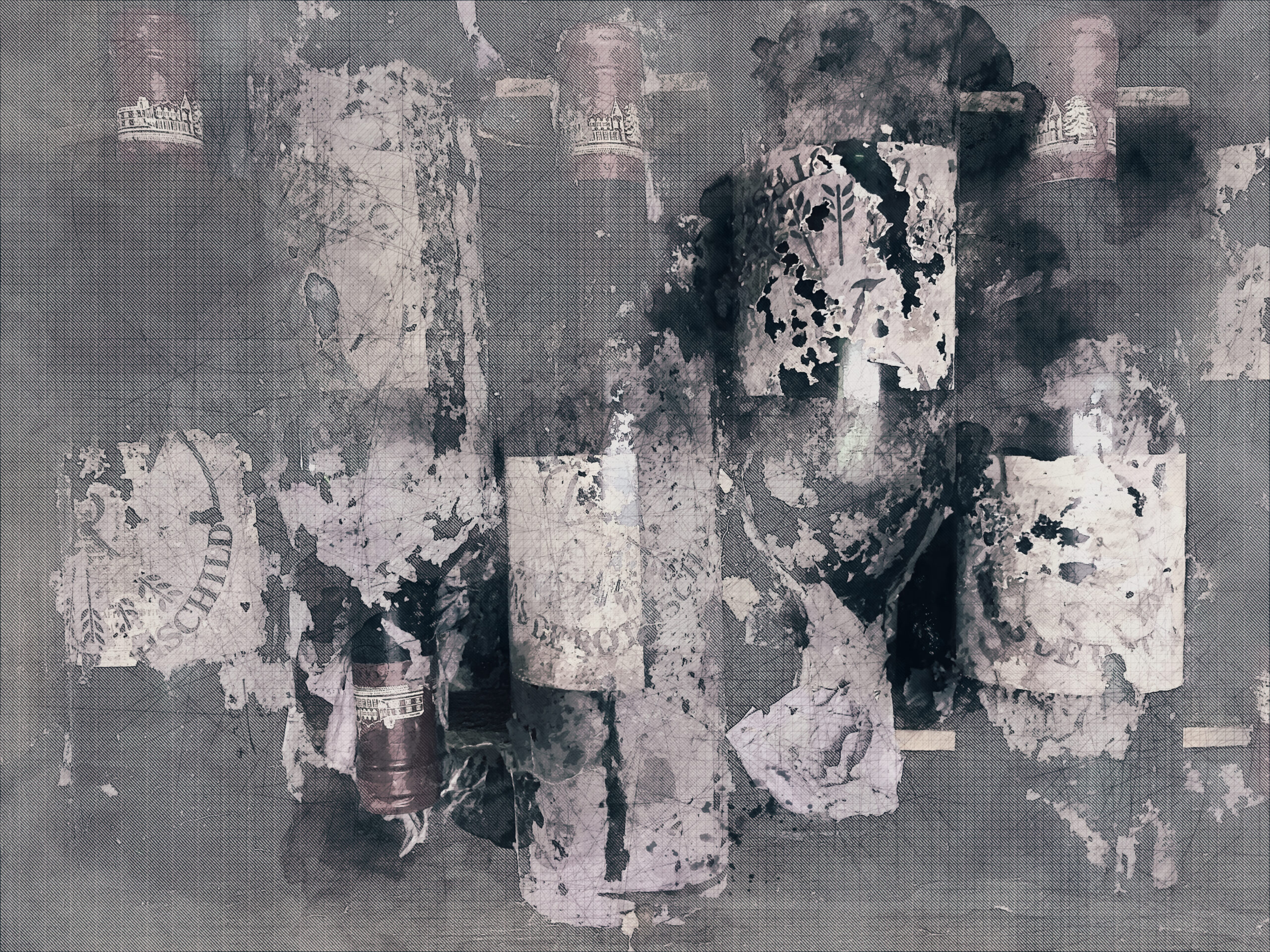
People imagined him to be an alchemist. Granted, it wasn’t gold his slender hands were currently molding, rather a gleaming tinted zinc capsule, encompassing perfect angles and gracing the long slender neck of a curvaceous body. While such language might seem passé in 2021, the characters who regularly participated in such frolics were not. Many were successful, most of them hailing from families older than the states whose passports they’d carry in their bespoke suits. Make no mistake: even here, the wealthier they were, the less attention to proper attire; and don’t let us get started on the unshaven angel…


